Property fires are a devastating thing to deal with. Inventory can be lost, beloved storefronts burned, and employee jobs terminated in a moment. According to the National Fire Protection Association (NFPA), there were over 33,000 workplace fires from 2013–2017 that totalled up to $1.5 billion in property loss.
Sometimes these fires are caused by neglecting open flames on the property. Commercial properties, particularly those dealing with high levels of dust or hydrocarbons, are particularly susceptible to the dangers of a single spark. With all of these precautions businesses have to take, you might be asking yourself, “how can I prevent a property fire?”
There are, of course, other factors that may be beyond our control—but there are still ways that we can help prevent property fires from happening with proper maintenance and caution.
The amount of fires that occur in our nation is a shocking one. In fact, the NFPA says that a fire department responds to a fire every 24 seconds! This furthermore stresses the importance of taking the right measures to protect your property.
Taking some of the below measures into consideration can help you lower the probability of a property fire occurring.
Buy a Fire Extinguisher
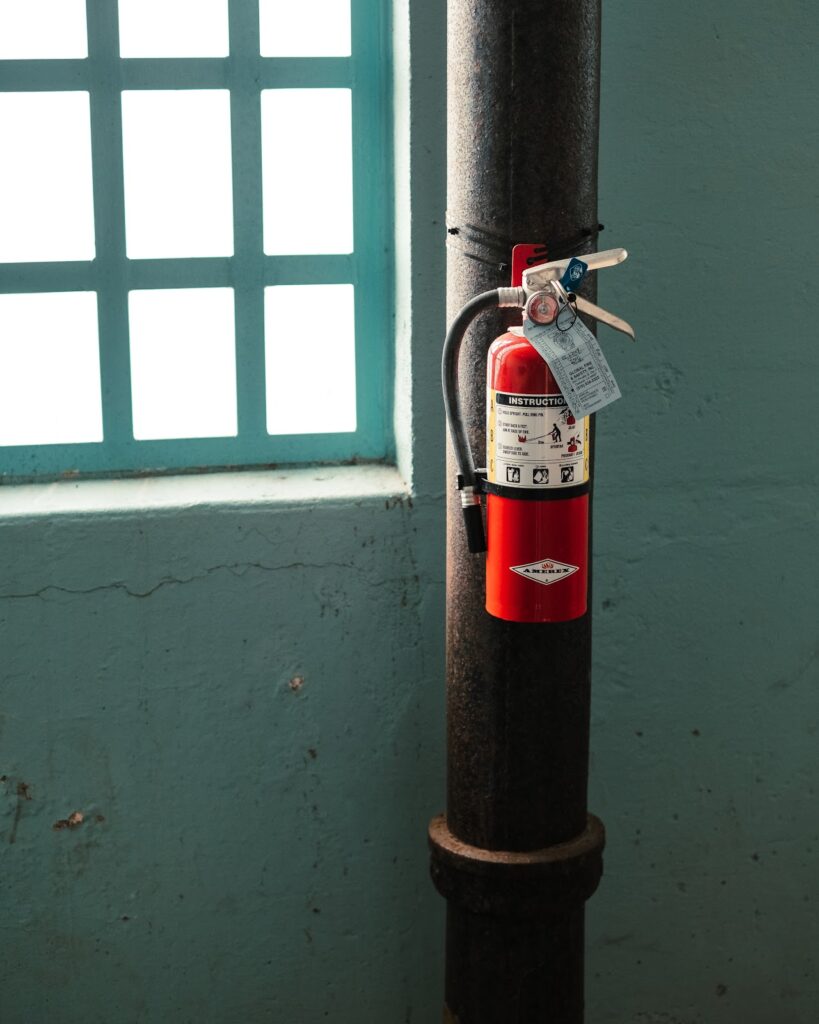
It can be of great help to have a couple of fire extinguishers throughout your property, especially in places with a higher risk of a fire occurring, like a kitchen or anywhere there is an ignition source. If you don’t know how to use one, it’s definitely worth making time for a training day. Taking this measure can help you and your employees stop a fire from spreading and further contain it until the firefighters arrive.
Never Leave a Heat Source Unattended
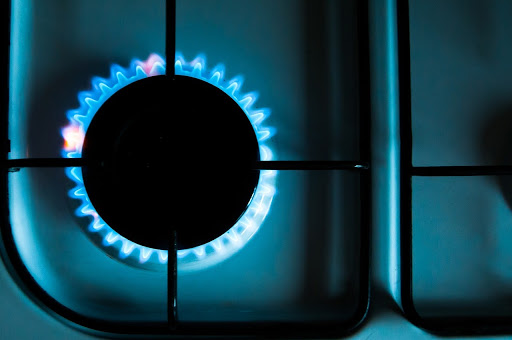
Whether it’s a pilot light, space heater, or a stovetop, open flames can be dangerous! There are a myriad of substances that can react with sparks and open flames in a workplace. Not to mention, they present a serious hazard to employees who don’t notice them who are also working in the area. Make sure to turn off space heaters and properly shut off any ranges before vacating an area.
Place Propane Tanks 50 Feet or More from Your Property
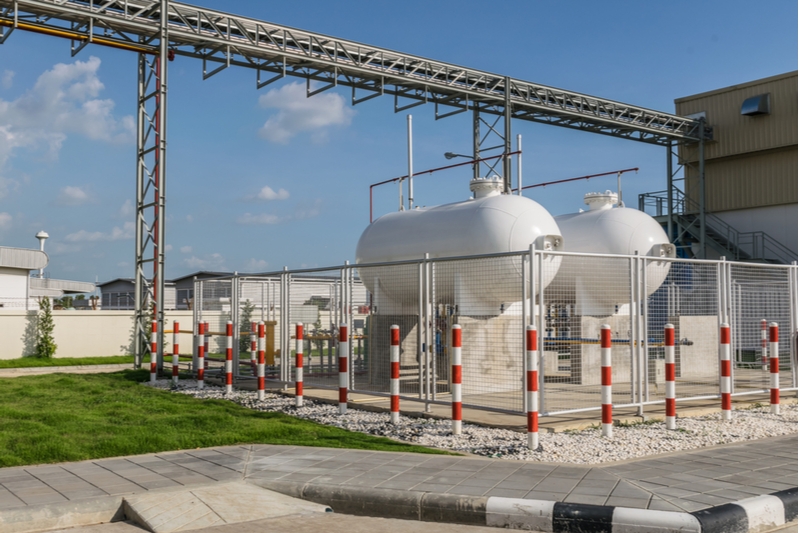
This is a given, seeing as it’s a building requirement, but some may not be aware of the dangers of keeping a propane tank too close to a property. Although they include a bevy of safety mechanisms, anything from a poorly trained technician to negligence can lead to tragedy. Leaking gas from a propane tank can enter the vents of a property, or pool under the eaves of a building, exploding when an ignition source is found.
Put Out the Candles

Make sure that you put out all candles before leaving a room. It only takes the candle falling and landing on the carpet for it to spark a fire that can quickly spread. It can also serve as an ignition source for dangerous vapors and materials.
Check Your Portable Heaters
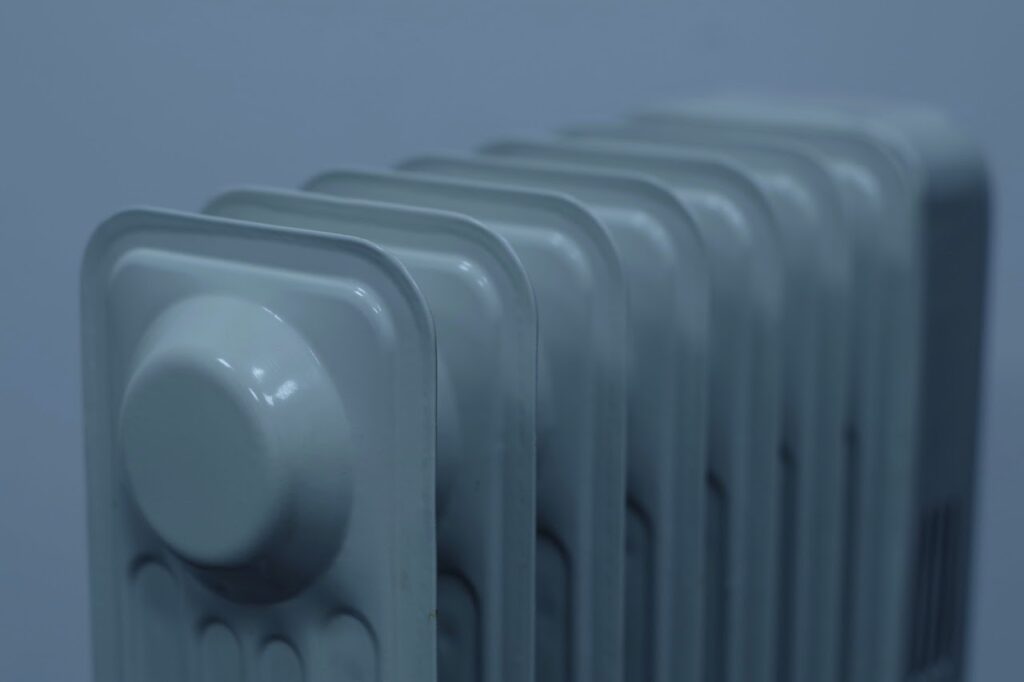
If your portable heaters are near any sources of combustion (like furniture), you should move them away. If they do not have temperature control or a way for them to shut off in the event of a malfunction, consider purchasing one that does. Also ensure that your heaters are plugged firmly into a 120V wall outlet, as extension cords and power strips can overheat anything other than a wall outlet with the incredible amount of power they draw. If a power strip overheats, this can lead to an electrical fire in no time.
Check Your Cords
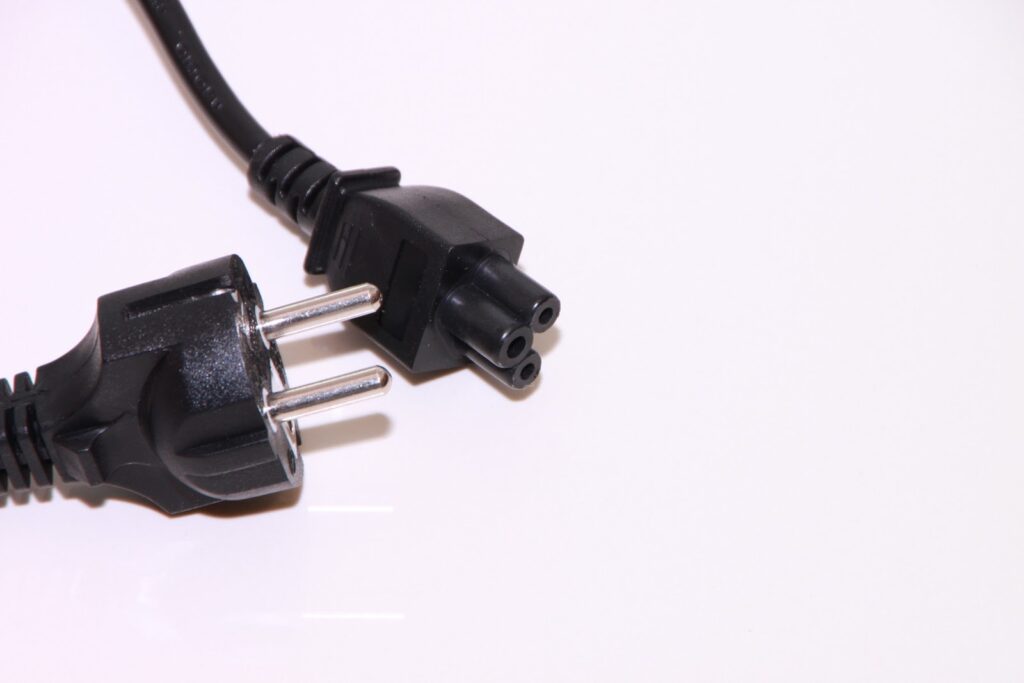
Always make sure to check any electrical cord before plugging it in. If it’s damaged in any way, this can quickly become an issue (plus you run the risk of doing damage to yourself). Throw away any old, frayed cables or three-pronged sockets that are missing their third prong. And definitely don’t take out the third prong, yourself! You will also want to know the power draw of your equipment and the voltage provided by the source. Overloading a circuit can lead to a short. So can any brush with contacts that are not firmly plugged into the wall. Sure, just brushing your finger against a contact can hurt—but if metal finds its way against the contact, it can lead to a shower of sparks, a damaged cord, and a potential fire.
Smoke and CO Alarms Should Be Tested
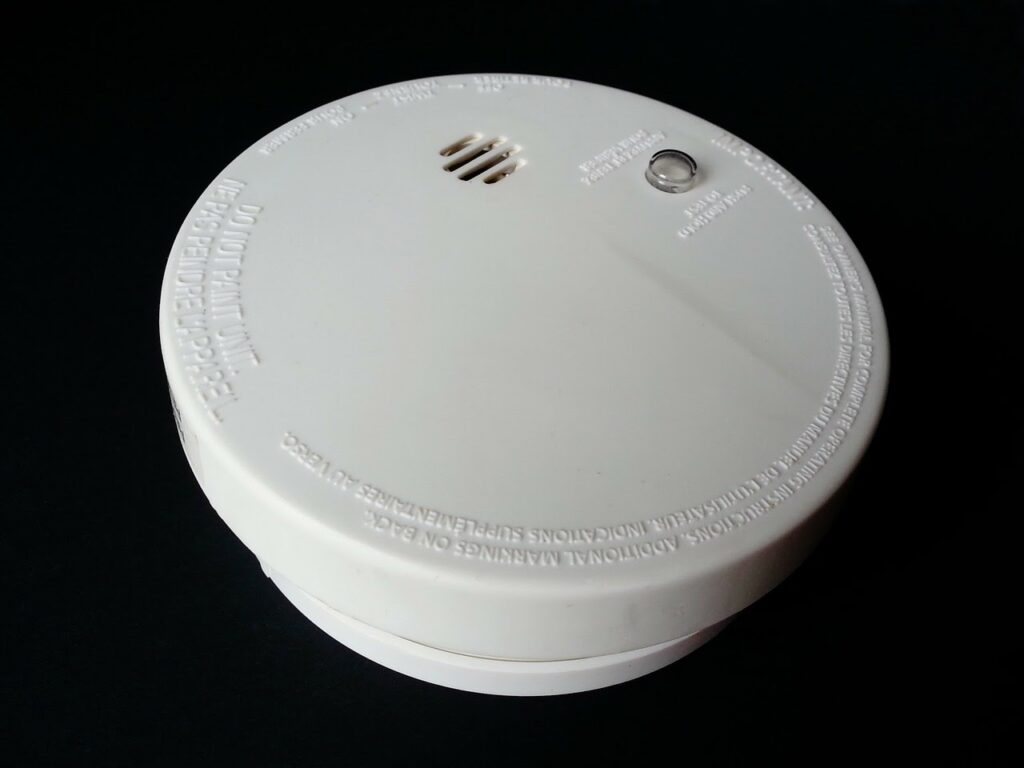
If you’re not already testing your smoke alarms on a regular basis, you should. Sometimes they may not be working simply because the batteries are dead. Of course, it is critical to have them working as they alert you about a fire as soon as possible. Also, for workplaces that require combustion on a large scale—or even a small scale, like a water heater—carbon monoxide (CO) alarms are mandatory. Unlike smoke, carbon monoxide is undetectable by the human senses. At least, until it’s too late. Carbon monoxide detectors should be placed as close to the combustion source as possible. Whether it’s on the ceiling or on the wall doesn’t matter, seeing as CO is near enough to the density of air that it’s equally distributed.
Don’t Smoke Near Ignition Sources

This one should be a given, but smoking near ignition sources—like gas, other hydrocarbons, and excessive dust—is a huge hazard. This can be especially dangerous on high rises or during drought conditions. Make sure that there are plenty of ash trays for you and your employees and that they’re smoking in designated areas.
Check Lamps & General Lighting

Make sure that you check your lamps and any other source of light, to make sure that they’re properly installed and on a sturdy surface. Also, switches and lamps should be up to code to ensure that the contacts within the switch mechanism are not corroded in any way. Corrosion on contacts within a switch can cause an arc which can lead to electrical fires.
Follow and Train On All Workplace Safety Procedures
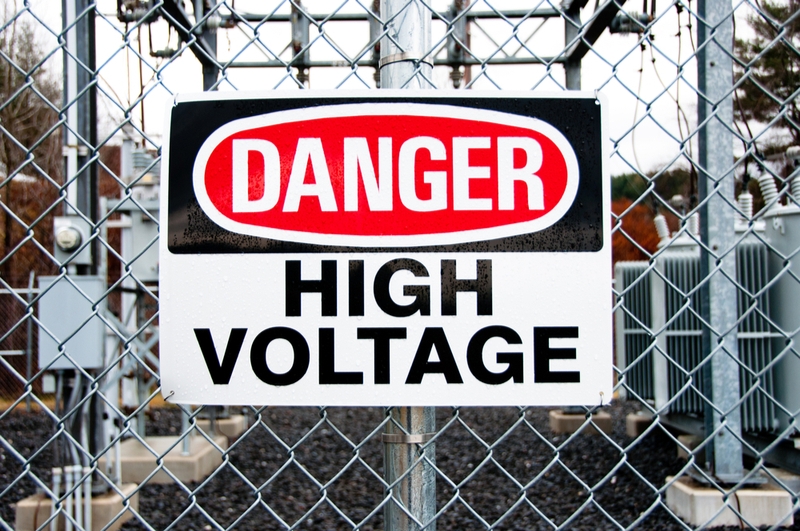
There is nothing more important than safety! Especially on properties that house high voltage units that require regular attention, or equipment that uses a large power draw. Electricity will always take the short route, and if employees aren’t properly trained, that shortcut might just be through their body. High voltage units in particular are arc flash hazards, which require extensive training and calculations to ensure complete safety in the event of an emergency. An arc flash can generate heat even hotter than the surface of the sun, melting metal, rupturing eardrums, and causing massive damage.
Although nowhere is truly fire-proof, if you take these simple steps, you’ll greatly reduce your risk of a property fire. If your property is affected by a fire, HAGGERTY can help you rebuild. We have years of experience providing fire damage restoration services to Stockton, CA, and the surrounding communities. Contact us or give us a call at 209-475-9898 for more information.